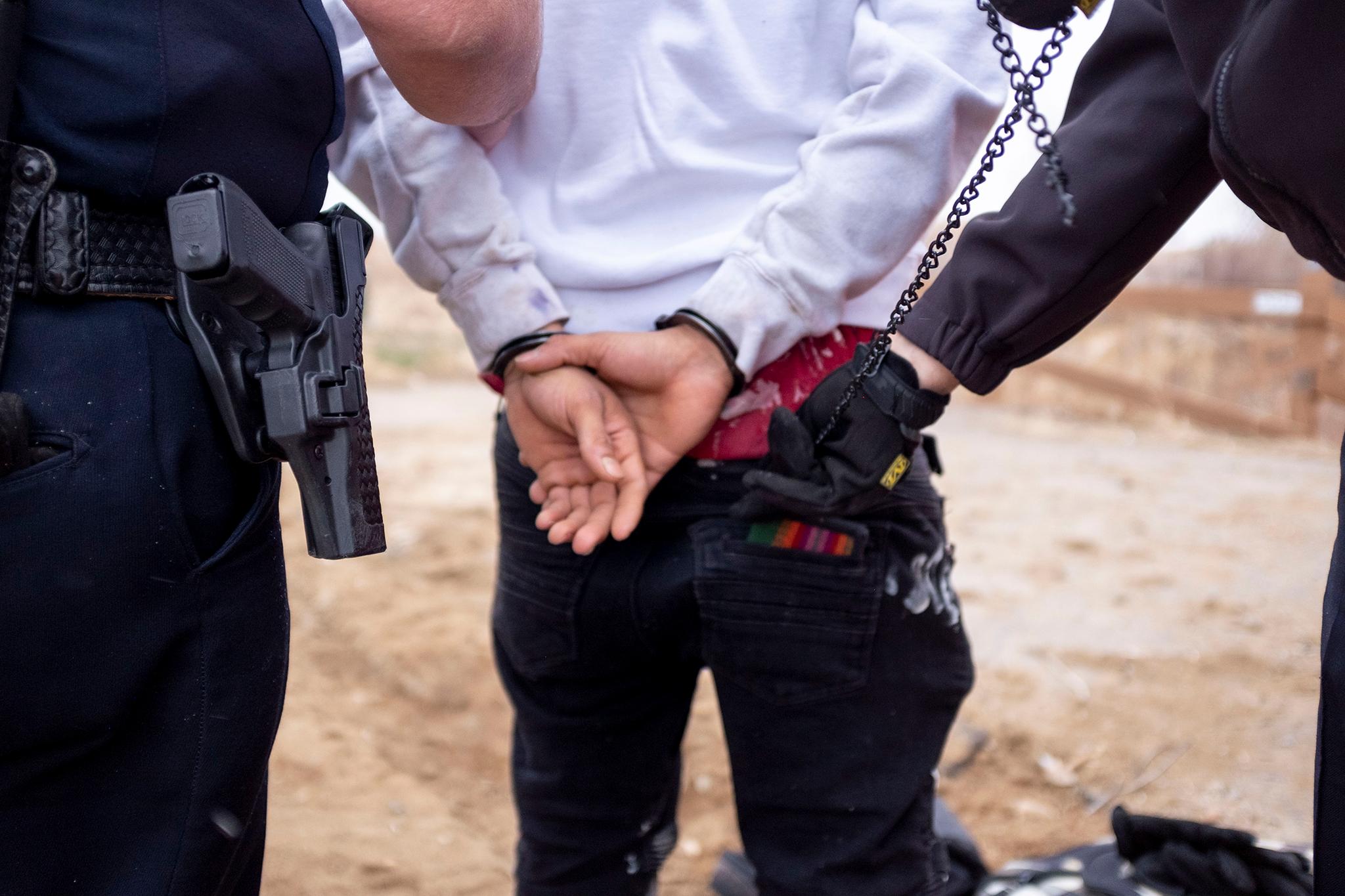
State elected officials want to make it easier for everyone to understand how often and why police officers shoot people — and Attorney General Phil Weiser wants to overhaul training around excessive force.
Police departments report some data to the Colorado Department of Public Safety annually about officer-involved shootings, but a CPR News investigation found the information doesn’t capture trends in how Colorado compares to other states, what kinds of drugs or substances the suspects may be on at the time of shootings, and how individual police departments compare with each other.
In fact, many in law enforcement were surprised by CPR News’ findings: that meth was a major driver, that the annual number of fatal shootings has doubled in recent years and several departments have shooting rates that are three times the statewide average.
- Meth, Guns And Aggressive Tactics Are A Deadly Mix That Drives Police Shootings In Colorado
- Calls For Training, More Transparency Follow Investigation
- Explore Our Shooting Database By Law Enforcement Agency
- Meth Makes Suspects Harder To Non-Lethally Take Down, So Many End Up Dead In Colorado
- When Police Make The Decision To Shoot: 'You Can’t Even Imagine How Horrifying It Can Be'
- There's No Simple Solution, But Efforts To Reduce Shootings Can Clearly Save Lives
- Northglenn Agrees To Nearly $9M Settlement In 2017 Officer Shooting
- Keep Track Of 2020's Police Shootings
Police departments participate in the data collection only if they want to.
“We do know that not all agencies in the state … have submitted data but we do not have details as to why,” said Patricia Billinger, a spokeswoman at the Department of Public Safety.
The law that requires state officials to collect this data is five years old. State Rep. Leslie Herod, of Denver, wants to strengthen it in the current legislative session.
“We need to look at other ways to make sure we see this data is available to us statewide, so we can figure out what the trends are,” Herod said. “And do something we need to so we don’t lose more lives. I think that’s really important.”
Attorney General Weiser agreed.
“I believe in this principle of transparency and I believe that our law that calls for it should be implemented properly,” he said.
Even with two state open records acts designed to increase transparency, CPR News found it difficult to get a full accounting of the individual officers who are involved in shootings. This made it hard to track their sometimes troubled histories.
In Weld County, prosecutors often withhold the names of officers in shootings.
“While I appreciate your request for the names of the officers or deputies involved in a number of shootings, I must respectfully decline to provide those names,” Weld County District Attorney Michael Rourke said in a written response when CPR News requested officer names in six shootings that took place over six years.
“The history of whether names of officers involved in an officer involved shooting incident has a long history here in Weld County. This debate between law enforcement, the DA’s Office and the media dates back to at least the late 1990s.”
In Westminster, officer Roger Stockman’s name was redacted from one letter Jefferson County prosecutors were required to write and make public when they decide whether to charge officers involved in shootings. Stockman was involved in three fatal shootings since 2014, according to CPR News’ investigation. In two, from Adams County, his name had been disclosed, but his name was concealed in the third. Westminster is in both counties.
In all three shooting cases Stockman's actions were found to be justified.
Through his attorney, Stockman declined to comment. He left the Westminster force in 2017 and his badge was pulled by the Police Officers Standards and Training board in 2019 after a misdemeanor conviction for breaking a man’s jaw, according to POST meeting minutes.
A second concern for lawmakers arising from the CPR story is the uneven training officers receive in how to de-escalate conflicts with residents. One part of the state that seems to have found unusual success with that is Colorado's Four Corners region.
CPR News found that a judicial district that includes La Plata, Archuleta and San Juan counties hasn’t had a single cop shooting in six years. Law enforcement agencies there train officers to talk and give space to people in crisis — before they pull out a weapon. They also invest heavily in bringing actors from Albuquerque to do more life-like training.
“We have shootings all around us frequently … New Mexico, Cortez, Montezuma,” said Durango Police Chief Bob Brammer. “We aren’t immune from it … but we invest heavily in our people and our training.”
Weiser’s office is in charge of police officer standards and training statewide and he hopes to learn from Brammer’s experience. He imagines expanding training statewide to look a lot like what Durango Police and La Plata sheriff’s deputies are doing.
“It’s incredible data for us to then say, shouldn’t all parts of our state benefit from this lesson and can’t we take this best practice statewide?” Weiser said. “And that’s what we’re going to work on doing.”








